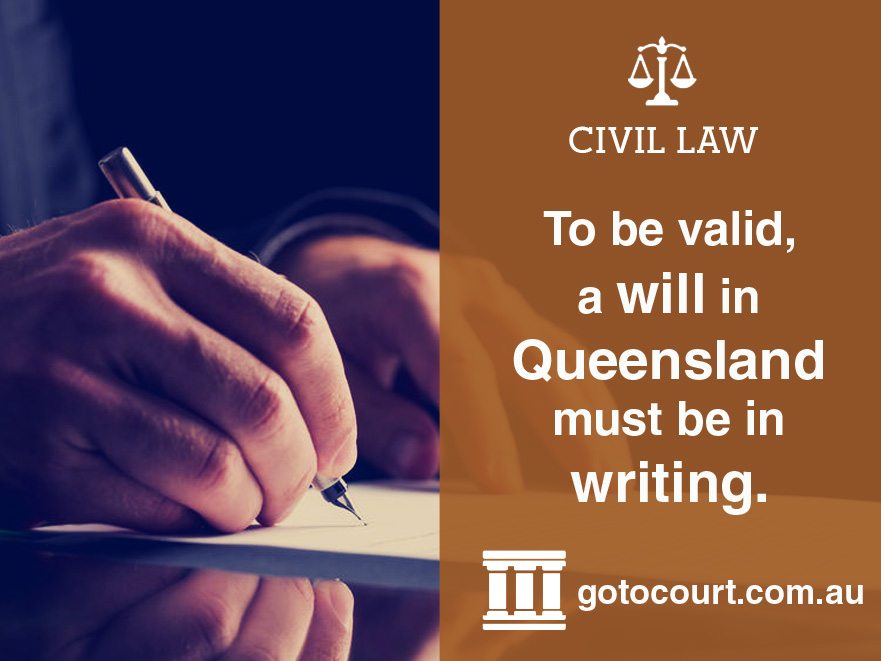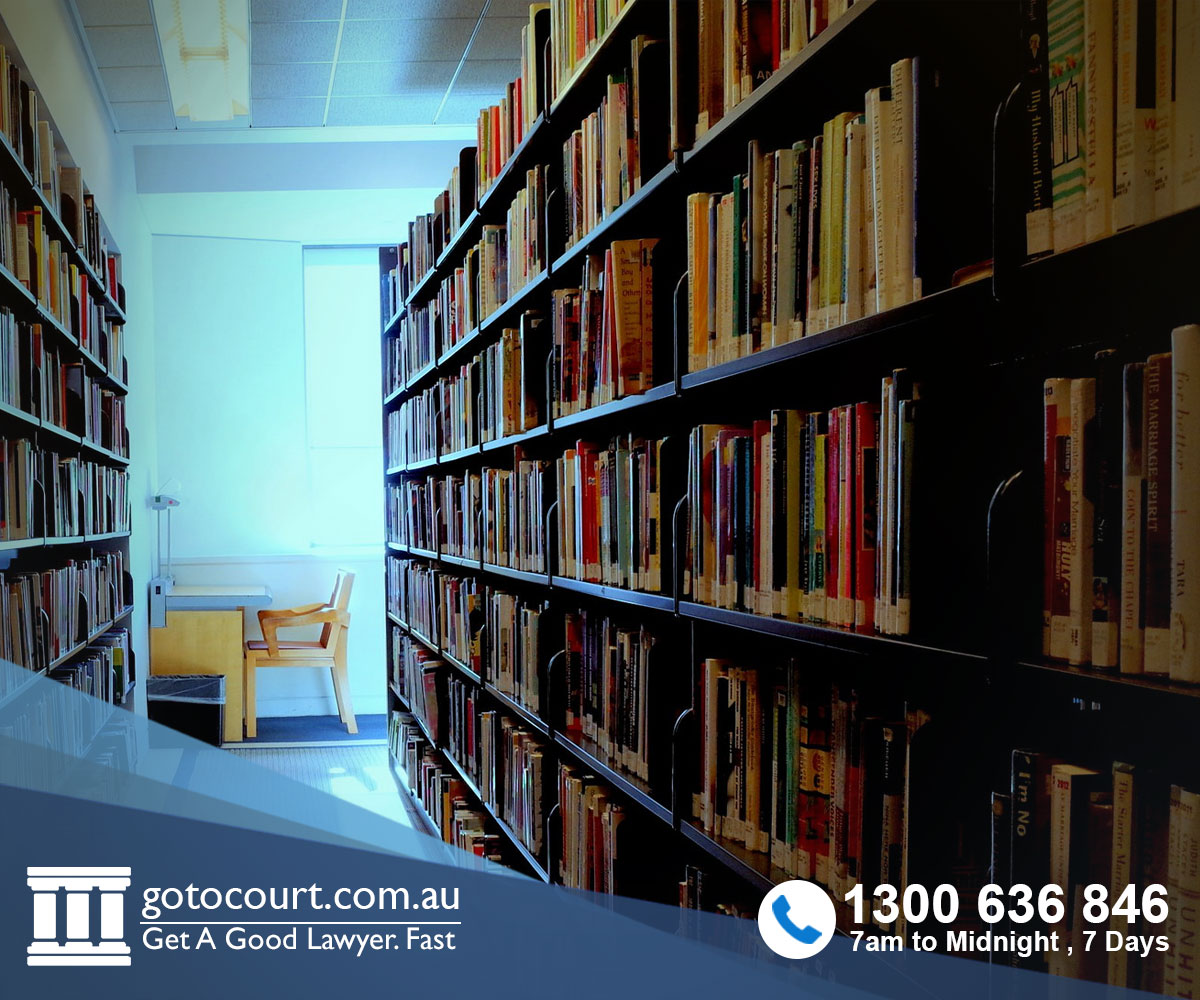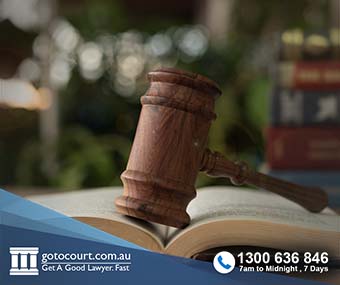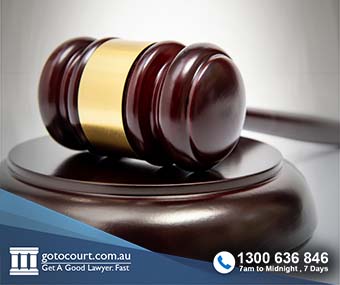Making a Will in Queensland
A will is a document in which a person (the testator) sets out how they would like their property to be dealt with after their death. Commonly, this includes appointing someone to carry out the testator’s wishes (the executor) and disposing of property. In theory, a testator can dispose of his property in any way he sees fit – however, there are procedures in place for people dissatisfied with these dispositions to apply to have the terms of the will varied. This article deals with making a will in Queensland.
Making a will in Queensland
There are a number of formalities required to make a valid will. Firstly, it must be in writing. It does not need to be typed, as long as it is legible. Indeed, it does not even have to be in English as long as it can be translated into that language.
Making a will in Queensland requires the testator to be at least 18 years of age, and of ‘sound mind’ – however, a married person under 18 can make a will.
To have capacity to make a will, the testator must know that he or she is making a will, and must know broadly what is in the estate (not down to the last cent, but what the general assets are) and must appreciate the respective claims of anyone who may have an interest in the estate.
The will needs to be signed and dated by the testator, in the presence of two independent witnesses. ‘Independent’ in this case means that the witness must not be a beneficiary under the will or, ideally, the spouse of a beneficiary. While a beneficiary witnessing the will does not invalidate the will, it does make the gift to the witness void.
Once the will has been executed, it should be kept in a safe, preferably fireproof place. On no account should any amendment or alteration be made to the will, nor should anything be pinned, stapled or otherwise attached to it. In normal circumstances, such amendments are disregarded in interpreting the will – however, if a particular term is completely obliterated, and cannot be recreated through other means, that particular term is void.
If there are pinholes, for example, the Probate Registrar will require an explanation of how these came about, to ensure that there are not pages missing.
What can be put in a will?
In theory, a will can say almost anything. Typically, when making a will in Queensland, one appoints an executor, and disposes of the testator’s property. Probably the most common form of will is along the lines ‘I leave everything to my wife, then to my children’. However, even this can give rise to problems. If the children are under 18, their share of the estate will need to be held in trust until they reach at least that age – many parents think 18 is too young for a child to come into a large sum of money, and extend the time until at least 21.
The question of appointing a guardian to look after the children should also be considered when making a will in Queensland. This should be someone that the testator trusts to bring up their children, often a relative or a close friend. It is advisable to ask the proposed guardian if they are prepared to act – we have all seen the Hollywood films where a couple suddenly discovers that they have inherited young children without knowing anything about it.
As well as leaving property to various people, there may be some people that you expressly want to be excluded from a will. We recommend that, in that case, the testator includes a paragraph explaining why a certain person has been excluded. This could be, for example, because they are independently wealthy, or because the parties fell out many years ago and have not had any contact since. Remember, the testator won’t be there to explain why the decision to disinherit someone was made if there is a dispute!
If the testator is the Trustee or Appointer of a Trust, a new trustee can be appointed in the will.
Can a will be changed?
The simple answer is yes. A will only ‘speaks from the date of death’, meaning that, as long as the testator retains capacity, a will can be changed at any time. As a matter of prudence, we recommend that you review your will every two to three years, just to ensure that it still meets your wishes.
A will is automatically revoked by a later inconsistent will. It is usual to include a clause in a new will expressly revoking any earlier ones. A will is revoked by marriage unless it has been made before the wedding and expressly states that it is made in contemplation of marriage to a named person. Divorce or the termination of a civil partnership does not revoke a will, however any gift to the divorced spouse or former partner is treated as if that person had died before the testator.
A will can also be revoked by the testator deliberately destroying it with the intention of revoking it. Of course, what the testator’s intention was is very difficult to prove, especially if a new will has not been made.
What if I don’t make a will?
If you die intestate (ie without a valid will), your property passes in accordance with rules laid down in the Succession Act 1981. The act provides that if there are no children, the estate passes to the spouse. If there is a spouse and children, the estate is divided between them in specific proportions. If there is neither a spouse nor children, the estate passes first to the deceased’s parents, then to his siblings. If the testator has no close family, the entire estate passes to the State of Queensland.
Can I make my own will?
The simple answer is yes, although we do not recommend making a will in Queensland without the assistance of a lawyer. Even the simplest of wills can be prepared incorrectly. At best, this could mean a lengthy and expensive application to the Supreme Court to sort out the mess. At worst, it could mean that the will is invalid and the estate is distributed under the intestacy rules, which may be the opposite of what the testator wanted.
Can I challenge a will?
A will can be challenged in certain circumstances. If it is claimed that the testator lacked capacity due (eg to dementia or mental health problems), the will is invalid and the most recent valid will is used to distribute the estate.
Alternatively, a disappointed beneficiary can apply to the court for further provision from the estate. A spouse (including a de facto or civil partner) or child (including stepchildren) can apply on the basis that they have not been properly provided for. While other people can also apply, they will need to prove to the court that they were dependent on the testator in some way.
What now?
If you are thinking of making a will in Queensland, or want to challenge one, please contact Go To Court Lawyers.







